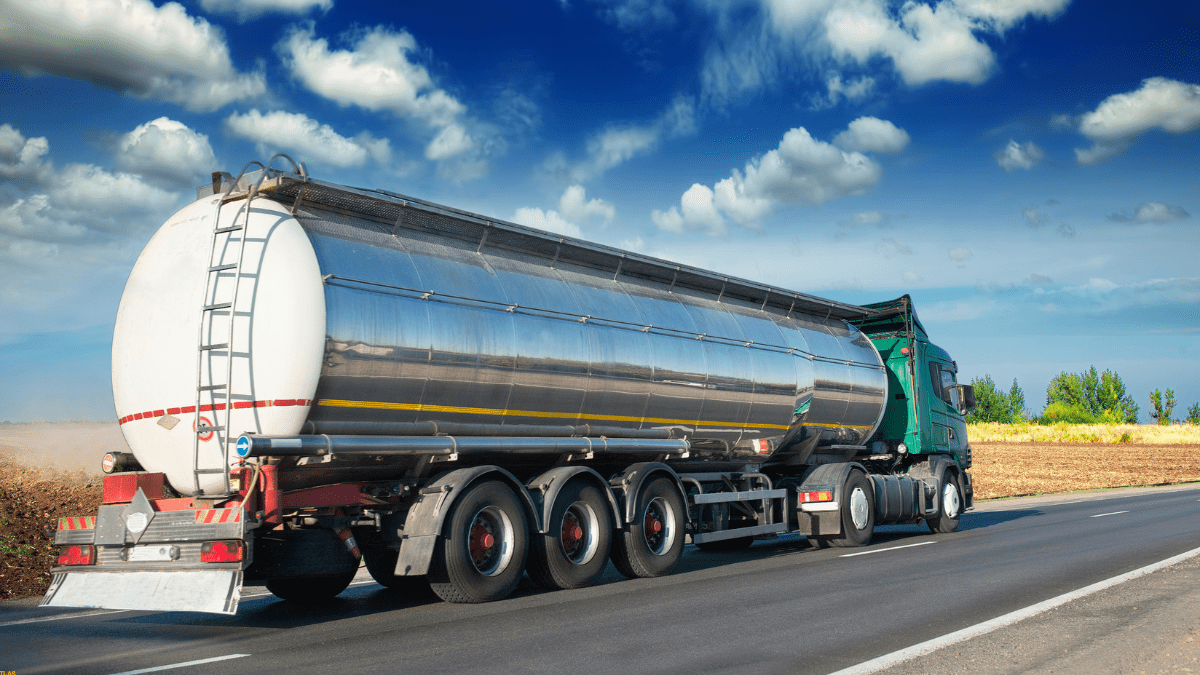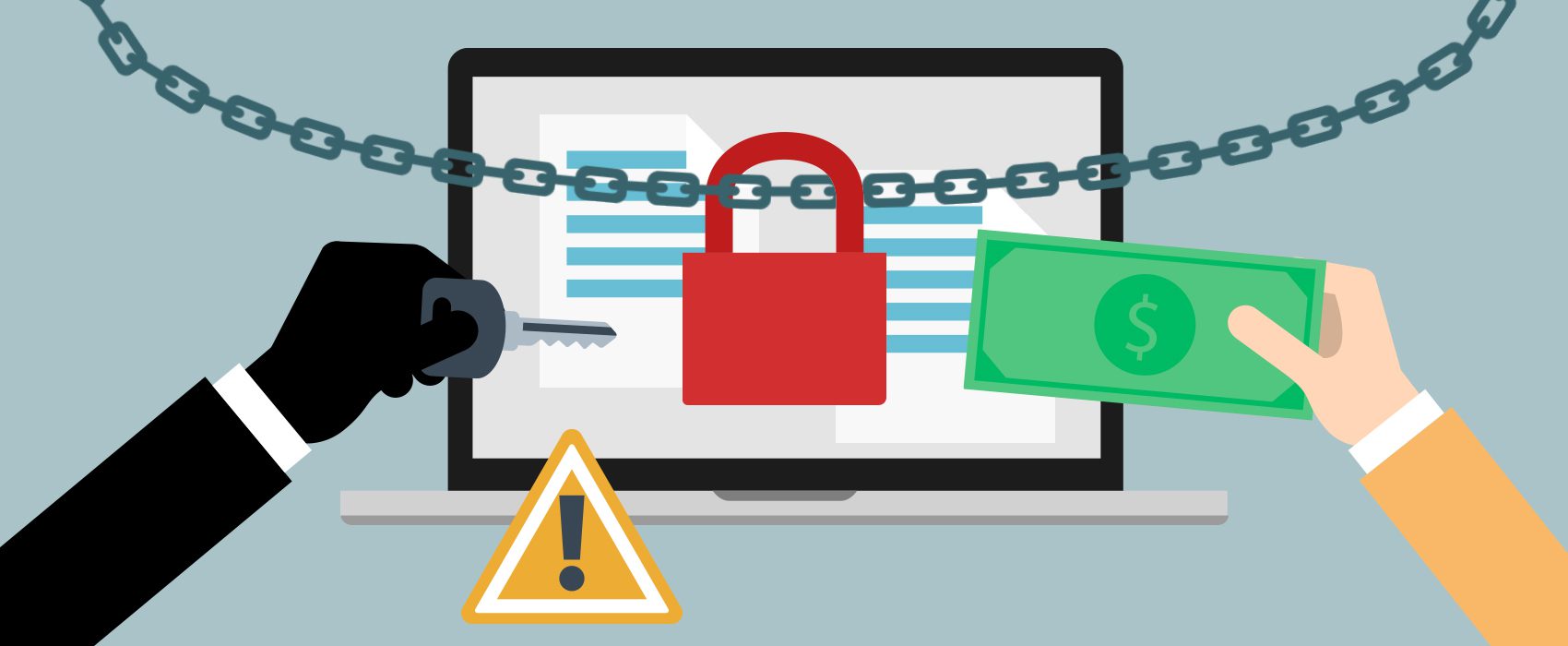
Disasters are only a few moments away. Massive storm damage or natural disasters can directly impact the capabilities of many forms of business. From healthcare providers to delivery agents to the equipment used on a job site, every business needs to have an emergency fuel delivery plan in place to avoid downtime.
The goal is to not only safeguard your equipment and assets but to maintain the quality of service your down-channel clients and customers require. Here are the benefits you’ll receive with dependable fuel delivery during emergencies.
#1 – Ensuring Operational Continuity
Keeping your “lights on” during an emergency is crucial to operations. Data centers need to have the power to maintain networking capabilities. Hospitals need power so patient care isn’t interrupted during key moments of a treatment plan. Anytime you lack fuel, crucial services are at risk of shutting down.
When you have emergency fuel delivery in play, you receive a continuous supply to maintain operations without disruption.
#2 – Safety and Compliance Guaranteed
Having emergency fuel delivery and ensuring it meets local regulations are two very different goals. Always work with a provider that adheres to current industry safety standards and local regulations. You don’t want to suffer from additional fines or restrictions due to a breach of safety violations.
Professional services will provide transparency in how fuel is delivered. This lowers any risk of accidents and usually comes with active monitoring systems and fuel management so all parties involved are kept informed of any delivery status.
#3 – Achieving Cost Efficiency
An often overlooked aspect of running a business during an emergency is the added costs. Without proactive planning, you run the risk of paying higher fees and prices due to the availability of services and risk.
A far better alternative is setting up emergency fuel delivery ahead of time where you can lock in prices. Having those services well thought out ahead of time allows your decision-makers to budget more appropriately for your business operations.
#4 – Flexibility with On and Off-Site Delivery
Not every business or job site is conveniently located just off a highway exit where trucks can easily reach refueling stations. In many cases, your fleet or equipment may be in off-site areas without easy access.
Finding emergency fuel delivery that can be delivered using specialized equipment capable of handling weather, and terrain, and with drivers backing their delivery through years of experience offers your team operational relief.
#5 – Reducing Downtime Significantly
The primary benefit of emergency fuel delivery is that it keeps your lights on, trucks running, and equipment ready to use. Instead of expensive downtime from having your workers sitting around not capable of continuing operations or assets stuck in one location due to a lack of fuel, you can meet the functional goals your business needs.
The more agility you have to current market and environmental issues, the better your scalability in the long run and flexibility to unwanted situations.
#6 – Enhancing Safety During Crisis Situations
When an emergency occurs, safety becomes a serious concern. Rough conditions around the delivery of fuel lead to hazardous situations where spills or accidents may occur. Always seek out professionals who understand the complexity and dangers of emergency fuel delivery.
Teams with proper training and equipment ensure you lower the risk of danger and increase safety protocols on and off any job site. It is the difference between risky delivery to your remote location or reliable service that keeps your assets safe and ready to continue operations when it is needed most.
#7 – Promoting Environmental Savings
Finally, seek out emergency fuel delivery that maintains any environmental or sustainability goals your may have. Many locations around the US are undergoing a shift in how fuel can be stored or the quality of products being used to meet carbon offsets. Having a provider sensitive to these changes ensures you maintain such goals. Social responsibility is just as important as safety from spills, accidents, and poor fuel quality.
Conclusion
Unforeseen circumstances can and will occur. The best way for your business to overcome extreme weather conditions, power outages, and natural disasters is with an emergency fuel delivery plan and dependable provider in place. This way, when emergencies threaten your systems, you’ll have an answer for maintaining operational efficiency each time.








